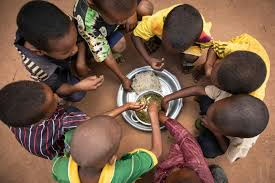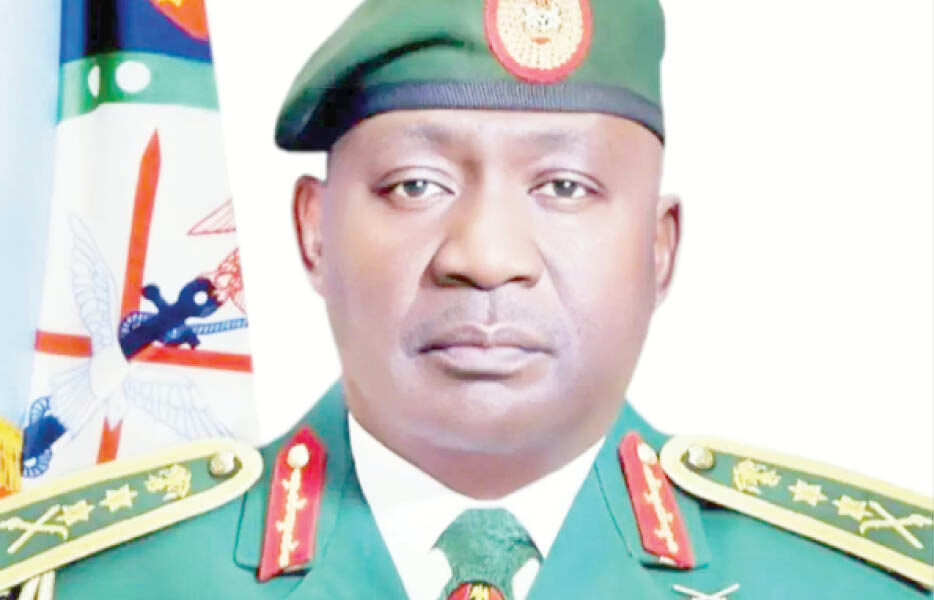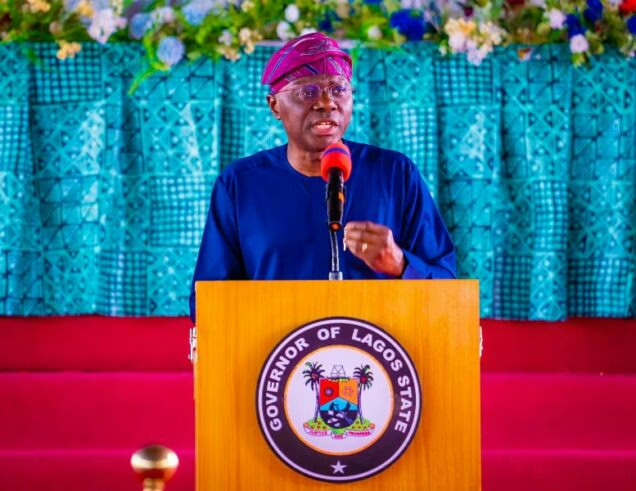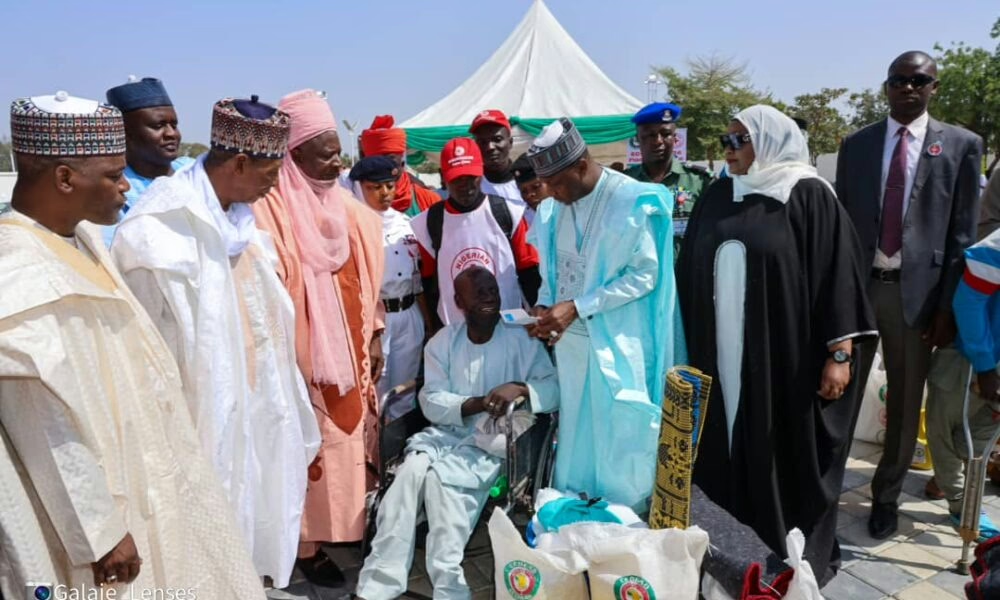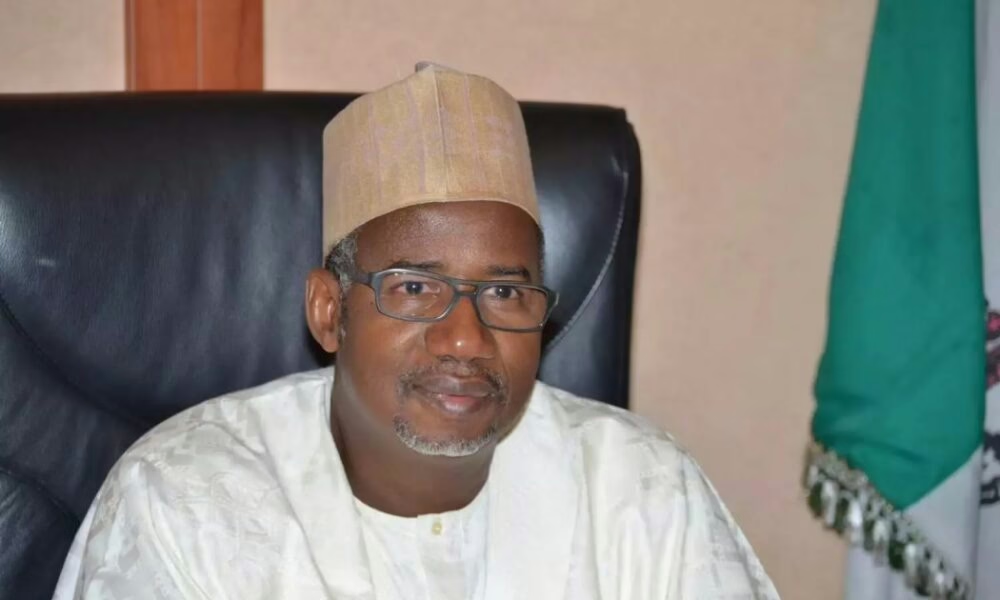From Fred Ezeh, Abuja
Federal Government, on Tuesday, launched the Human Papilloma Virus (HPV) vaccine, thus marking its introduction into the routine immunization programme of Nigeria.
The vaccine which is being provided for free by the Federal Ministry of Health through the National Primary Health Care Development Agency (NPHCDA) with support from Gavi, the Vaccine Alliance; United Nations Children’s Fund (UNICEF), World Health Organization (WHO) and other partners, was billed to reach 7.7 million girls being the largest number in a single round of HPV vaccination in the African region, in a vaccination drive against the virus that causes nearly all cases of cervical cancer.
HPV infections are common among sexually active people, though the infections often cause no symptoms, but there are indications that often time, the immune system of an individual usually clears HPV infections, but with time.
There are different types of HPV vaccines, and they include 9-valent HPV vaccine (Gardasil 9, 9vHPV), quadrivalent HPV vaccine (Gardasil, 4vHPV), and bivalent HPV vaccine (Cervarix, 2vHPV). But the federal government has approved Gardasil, for HPV vaccination in the country.
Before the formal launch of f the vaccine on Tuesday, 24th October, 2023, there was palpable fear and skeptism among individuals and stakeholders on the acceptability of the vaccine among Nigerians particularly the young females folks who are the main target.
To neutralize the fear with answers to the unexpressed questions, the NPHCDA, few months to the launch embarked on massive sensitization and awareness programmes across the country using respected voices and figures to drive home the message.
The Agency also engaged in training of health workers and community service providers that would be used to administer the vaccine, arming them with communication toolkits as well as right knowledge and skills that would be used to neutralize the myths and fears of the people regarding the vaccine.
NPHCDA also deployed the strategy used in the fight and defeat of polio virus, COVID-19, Ebola and some other Neglected Tropical Diseases (NTD), particularly the involvement of traditional and religious leaders in the sensitization programmes particularly at rural areas to ensure general acceptance of the vaccine among Nigerians before the formal launch to avoid resistance from the people.
However, there are things Nigerians need to know about the vaccine, which will expectedly, boost their confidence in the vaccine, thus encouraging them to make themselves and their loves ones available to accept the vaccine.
Most important thing is the fact that HPV vaccine is a preventive vaccine that was developed in response to the growing cases of cervical cancer among the female folks, particularly younger ones who are increasing getting exposed to sexual activities earlier than expected.
HPV is the major cause of cervical cancer among women, and from available data, more women are coming down with the disease lately. In Nigeria, cervical cancer is the third most common cancer and the second most frequent cause of cancer deaths among women aged between 15 and 44 years.
In 2020, being the latest year for which data is available, Nigeria recorded 12, 000 new cases and 8, 000 deaths from cervical cancer which is preventable through vaccine and other lifestyle. This alarming figure, perhaps, pushed the government to insist on procuring the vaccine and introducing same into the routine immunization programme of Nigeria.
The government has maintained that HPV vaccine is not dangerous and unsafe as being the fear among some class of the population. Rather, it was confirmed by relevant government agencies in Nigeria, particularly NPHCDA and NAFDAC that HPV vaccine is safe for human consumption.
NPHCDA also confirmed that HPV vaccine that were introduced in the routine immunization programme has undergone rigorous testing and scrutiny before being approved for use in Nigeria. It added that numerous clinical trials have demonstrated its safety and effectiveness. It was also monitored closely to pick out adverse effects/reactions.
However, some medical experts asked patients that would be administered the vaccine to expect some kind of reactions that might come in form of swelling or pain where the injection was given, headache, aching body, dizziness, feeling sick, tiredness, and few other reactions that might show up.
The experts highlighted that, because the HPV vaccine does not protect against all types of HPV, it is possible that a fully vaccinated person could be infected with a type of HPV that is not contained in the vaccine. However, most people will clear any type of HPV infection but it may take months to do so.
Minister of health, Prof. Ali Pate, at the launch of the vaccine in Abuja, said that a five-day mass vaccination campaign in schools and communities will be carried out during the inaugural rollout in 16 states and the FCT, and will be expanded in the second phase of the vaccination that will start in May 2024, in 21 states.
He disclosed that over 35 000 health workers have been trained in preparation for the campaign and subsequent vaccine delivery in all health facilities, though with the support from WHO Country Office in Nigeria and other partners.
He added: “vaccination sites have been established in all 4,163 political wards across the 16 states that were included in the first phase of the rollout, to ensure no eligible girl is left behind. Mobile vaccination units have also been set up to ensure that remote communities can access the vaccine.”
He said the onset of the vaccination campaign is an opportunity to safeguard girls from the scourge of cervical cancers many years into the future. “As a parent myself, I have four daughters, all of them have had the same HPV vaccine to protect them against cervical cancer. I’d like to implore fellow parents to dutifully ensure that this generation of our girls disrupt the preventable loss of lives to cervical cancer in addition to other untold hardship, loss, and pain.”
Thabani Maphosa, Managing Director of Country Programmes Delivery at Gavi, highlighted the efficacy of the HPV vaccine in the prevention of cervical cancer among young woman. “Over 16 million girls could be protected in Nigeria alone by 2025,” he said.
Cristian Munduate, UNICEF Representative in Nigeria, said, “In our shared quest for a brighter future, the HPV vaccine in Nigeria represents a monumental stride towards safeguarding our girls from the grips of cervical cancer. This vaccine doesn’t just prevent a disease; it promises a life where our young women can thrive, unburdened by the spectre of this grave health concern.”
She said that UNICEF, in collaboration with the government and other partners, will ensure that every eligible girl, irrespective of her location or circumstances, has access to the life-saving intervention. “Together, we are scripting a narrative of hope, resilience, and a healthier Nigeria.”


